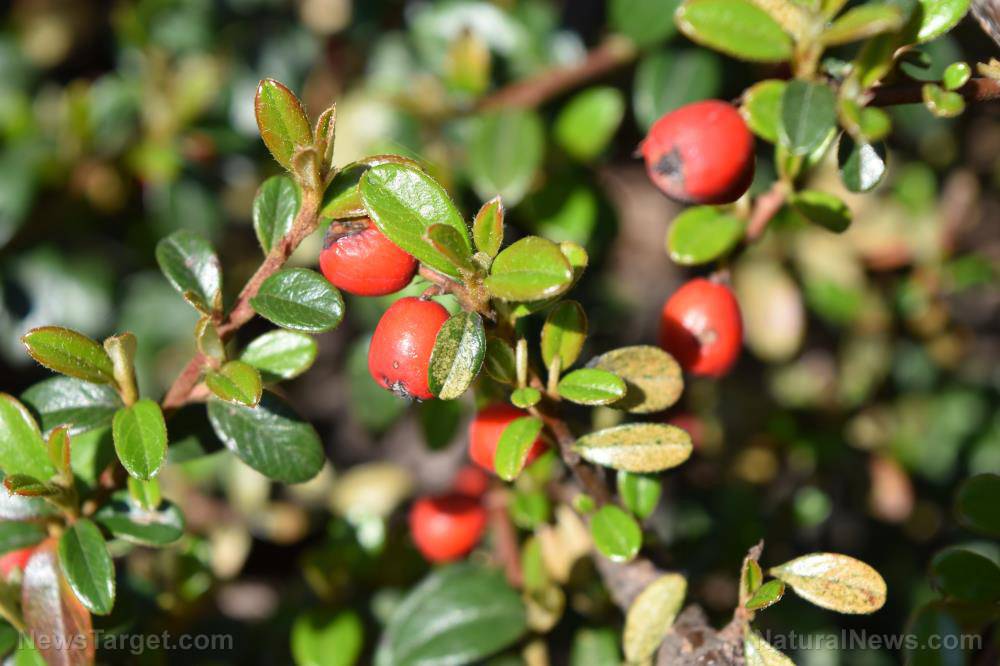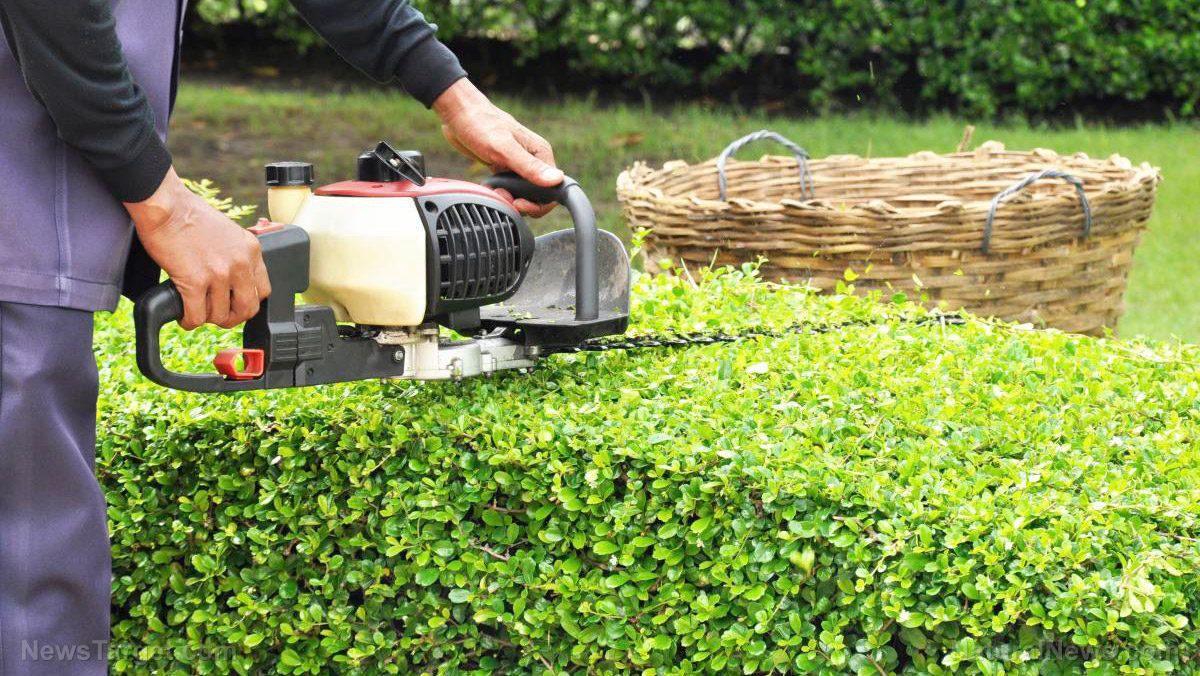
Choosing the right plant to secure your home
Sturdy barriers like fences or defensive plants can help keep strangers out of your property. You can also use fences or plants to beautify your home if you want to do so.
If you already have a sturdy fence around your property, it wouldn't hurt to also plant brambles or cacti to deter trespassers who are thinking of breaking into your home and causing trouble when SHTF.
However, choosing the right plant is key to keeping out threats. Even beautiful plants full of thorns can help make your fences impenetrable.
When choosing plants, do your research. Use plants that suit your climate so your defensive plant will grow well and protect your property as intended. (Related: Home security: 3 Ways to protect your homestead.)
12 Defensive plants that can help improve your home security
Here are some plants that can act as defensive barriers that will keep trespassers away from your property:
Agave
Agave is a succulent with sharp, dagger-like leaves. Use it as a hedge or border plant to keep both people and animals away.
Barberry
Barberry has sharp thorns along its stems and branches that can inflict serious wounds. Additionally, the plant has a dense growth habit, which can make it difficult to penetrate if anyone tries to break into your home.
Bougainvillea
Bougainvillea is an ornamental vine covered in sharp thorns. The plant grows quickly and will cover any structure with thorny vines that it uses to support itself as it climbs.
Bougainvillea is a great choice if you're looking for an ornamental defensive plant. Note that this plant is more delicate than others on this list.
Brambles
Brambles refer to a group of thorny shrubs such as:
- Blackberries
- Boysenberries
- Dewberries
- Loganberries
- Raspberries
They grow fast, wide and are reasonably tall at around five feet high. Brambles can be difficult to prune, but that's a small price to pay if you want to grow berries at home.
Cactus
Cactuses or cacti are hardy desert succulents with sharp thorns, making them the perfect barriers against both people and animals. If you live in a warm climate, you can plant cacti since they're drought tolerant and don't require much water.
Cacti are usually slow-growing, but there are some varieties that can suit any ornamental or defensive application.
Crown of thorns
Crown of thorns is a tropical plant that has an amazing, dense spiral of very sharp thorns on every surface. It releases irritating sap that will punish trespassers on your property.
Use it as a hedge or barrier. Use support if you want crown of thorns to grow tall. Wear thick gardening gloves when working with crown of thorns to protect your hands.
Crown of thorns thrives in hot, sunny climates. When in bloom, the plant bears beautiful red flowers.
Firethorn
Firethorn is another thorny shrub that produces poisonous reddish-orange berries.
The plant also has sharp spines that can grow longer than four inches. It is very durable and difficult to cut or break. When mature, the plant can grow up to 10 feet in height and eight feet in width.
Note that firethorn is susceptible to aphids, fire blight, scales, sooty mold and spider mites.
Hawthorn
Hawthorn is a small tree that grows thorny branches. Use the plant to create a natural fence around your property that will also help deter birds and other animals.
The plant also produces edible hawthorn berries.
Holly
Holly is an evergreen shrub with sharp, spiny leaves and red berries that are poisonous.
Junipers
Junipers are evergreen shrubs covered in sharp needles that can puncture skin and even clothing. Junipers grow all over the world in many climates, so look for a species that will grow well in your area.
Porcupine tomato
Despite the adorable name, the porcupine tomato plant has sharp, dense, needle-like spines that can pierce through clothing and skin. It's not the most attractive plant, but it will help deter trespassers.
The porcupine tomato grows in well-drained soil. Unlike other plants, both porcupine tomato stems and leaves have reddish-orange thorns.
Note that porcupine tomato leaves, flowers and fruit are poisonous. They contain very toxic tropane alkaloids like other members of the Solanum genera.
Roses
Roses come in many different varieties, but all of them have thorns. Plant roses as bushes or hedges along the edge of your property to deter intruders.
This beautiful ornamental plant needs a lot of care to flourish in your garden.
Improve your home security and keep trespassers out of your property by planting some of these defensive plants.
Watch the video below for 8 tips on how to burglar-proof your home.
This video is from the SHTFPrepping101 channel on Brighteon.com.
More related stories:
Prepping 101: How to make your own fool-proof SHTF plan.
Alarms, doors and perimeter protection: Keep your family safe with these 10 home defense strategies.
A guide to securing your homestead’s perimeter (while observing the law).
Why your "smart home" might be an incredibly STUPID idea.
The 7 best dog breeds for survival and protection.
Sources include:
Please contact us for more information.























